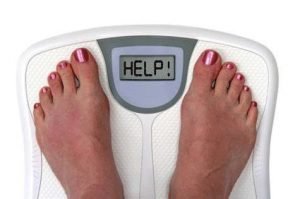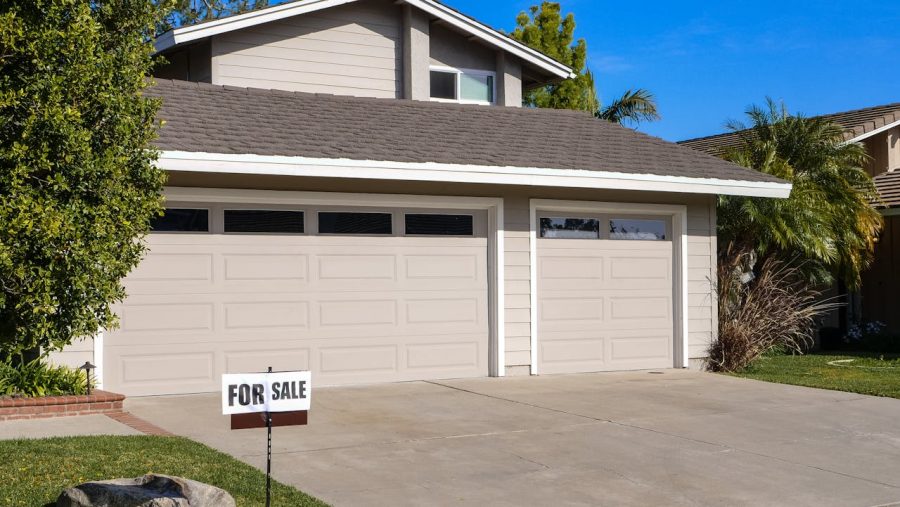Hypertension, otherwise known as high blood pressure, is a condition in which the pressure of the blood against the arterial wall is too high that could lead to various health problems, including heart disease. Your blood pressure is determined by the amount of blood pumped by the heart over the amount of the resistance of blood flow in your arteries. When your heart pumps more blood, the narrower the arteries get, thus high blood pressure.
“The laboratory evidence that carbohydrate-rich diets can cause the body to reain water and so raise blood pressure, just as salt consumption is supposed to do, dates back well over a century” — Gary Taubes
Having hypertension for a long span of time can be asymptomatic. However, the damage is there, only that it is undetected. High blood pressure increases the risk of heart attack and stroke (cerebrovascular accident). This condition is very common among the obese and the elderly. Hypertension develops over the years as a result of unhealthy lifestyle. It can also be hereditary. Hypertension can be detected easily, but to control the problem, you need to follow your physician’s instructions to the letter.
Among the factors that cause hypertension are some that are out of one’s control: age, ethnicity, and family history. The point is to focus on the things you can control, such as your lifestyle.
Here are some tips on how to minimize the risk of suffering from hypertension:
 Watch Your Weight
Watch Your Weight

Your weight is a crucial determinant of whether you will suffer from hypertension. The heavier you are, the harder it is to move, and the narrower your arterial walls get. If you are obese or overweight, try to lose extra pounds to reduce the danger of hypertension. Consult your doctor and talk to a dietician about your options.
 Food is Attitude
Food is Attitude
You are what you eat. Healthy food choices can lower your blood pressure to a normal level. Dieting does not have to be associated with starvation because there are plenty of fruits and vegetables that can serve as alternatives. Cut on excess carbohydrates, sugar (glucose), and fat. Drink plenty of water to increase your metabolism; this also tricks your stomach into feeling full.
Cut back on salt consumption since the high sodium intake increases the blood pressure. You can do this by avoiding processed foods and adding salt to meals.
Avoid eating pork if you can. Chicken breast minus the skin or fish is a great alternative.
 Planning is Fun
Planning is Fun
Keep tabs with what you are consuming by listing your meals in a food diary. This way, you can monitor your food intake and evaluate the foods you have taken. Writing your meals reveals your true eating habits. You might be surprised what you eat more and what you eat less within a given time span.
 Boost Your Potassium Intake
Boost Your Potassium Intake
Increasing your potassium intake can decrease the effects of the sodium you have consumed. The best sources of potassium include fruits and vegetables. Consult your doctor about the best potassium level suitable for you.
“I believe that the greatest gift you can give to your family and the world is a healthy you.” —Joyce Meyer
 Exercise Feels Like Paradise
Exercise Feels Like Paradise
It may not feel paradise as you start to exercise, but along the way, as your body slowly gets used to the routine, you will feel it. You can’t expect your body to adjust immediately when it’s your first time. Therefore, you should gradually increase the duration of your exercise. Sweating after a workout feels great. Just don’t forget to drink plenty of water. This, of course, should have the approval of your doctor.
 Keep Your Alcohol Consumption in Control
Keep Your Alcohol Consumption in Control

Limiting your alcohol intake helps to reduce hypertension. Men and women should not have more than one drink a day. You should be disciplined enough to avoid temptations.
 Stay in Check
Stay in Check
Check your blood pressure regularly, especially whenever you suspect that you have high blood pressure. Since it can be asymptomatic, only the readings can tell if your blood pressure is really elevating. Know the range of the readings that puts you in the hypertensive category. Your doctor should recommend what to do or take to stabilize your blood pressure.
Review your lifestyle habits and decide what you can modify to prevent having hypertension. Starting small is key because small steps lead to great leaps. Practice these habits until they become your new definition of normal. You will be amazed at how much this can change your state of wellness. Remember that the change starts with YOU!










